As the world enters its sixth month of pandemic life, my new favorite hobby has become reflecting on the silver linings of this time. Staying inside and relatively isolated has forced us to become more mindful of how we live, and reflective on how our habits align with our lifestyles. The outcomes have been well documented by this time: After six months or more with nowhere to be, Americans are rediscovering a love for spending time with family, the pleasure of keeping a clean and orderly home, the joy of indulging in favorite hobbies, and the rare sweetness of stillness and solitude.
While we eagerly await the return of “normal life” freedoms, we’re newly aware of how many freedoms we gave up as a culture, in pursuit of … what, exactly? It’s hard to remember now. Looking back, the old “get things done quickly so we can move on to getting more things done” ethic seems like a fever dream. Even as we daydream about returning to life as we knew it, we know deep down that there are things we don’t want to go back to. The big question hovering in our minds is, can we remake normal life with the wisdom we’ve gained during this crazy year?
According to professional and lifestyle analysts, it is possible. The key is rebuilding our schedule, habits, and home environment around these simple pleasures. And here’s a crazy suggestion, but a good kind of crazy: We think Japanese housewares may be part of the solution.
In many ways, Japanese housewares echo those of Scandinavia, the other international design darling of the moment. Both are made to combat the culture of disposability, with high-quality materials and earth-inspired colorways that stand up to decades of use. Both share a minimalist economy of elements, along with a rigorous functionality. But where Scandinavian design tends to be rooted firmly in a midcentury aesthetic, Japanese design is timeless, impossible to place in a specific era. Where the lines of Scandinavian design are reminiscent of the exaggerated angles of shadow against light, Japanese design recalls the organic movement and simplicity of the natural world. You see the sinuous curve of a vine in the spout of a teapot, or the perfect symmetry and stillness of a clear pool of water in a plate. This organic design ethic has a curiously powerful effect—the symmetry and simplicity invite contemplation, quietness, and mindfulness. It’s all but impossible to rush through breakfast when you’re enjoying it from a hand-thrown chawan proportioned just for your palm, or a rimmed earthenware plate speckled like the forest floor.
With that in mind, we’ve pulled together some of our favorite Japanese houseware brands for your viewing pleasure. Zoom in on the ones that pique your interest, and see if just looking at them doesn’t induce a little Zen serenity.
Muji
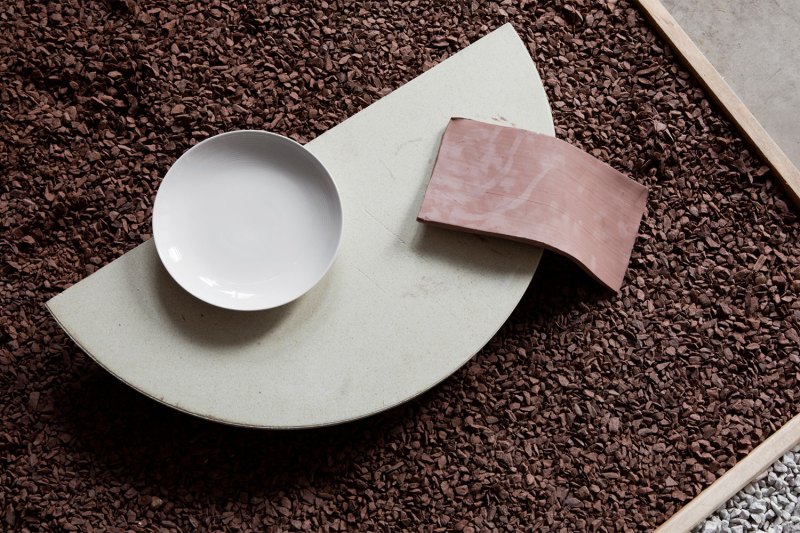
If you know any Japanese brands already, this is probably one. If you don’t, imagine a store with the breadth of products of Target and the quality of Nordstrom. Muji’s housewares showcase the function-first approach to design, but with a beguiling simplicity and just a shade of cuteness.
Yamazaki

Known among fans as the Ikea of Japan, thanks to its wealth of organizing and storage solutions. The brand’s dish drying racks are legendary, but we’re equally partial to their accent furniture — who knew end tables and coat racks could be so exciting?
Vermicular

This heritage-quality cookware brand has been compared to Le Creuset. We’re simply starry-eyed over the Musui-Kamado set, a precision-machined cast iron pot paired with a three-dimensional induction stove that together offer perfect heat distribution and exacting temperature control.
Kinto
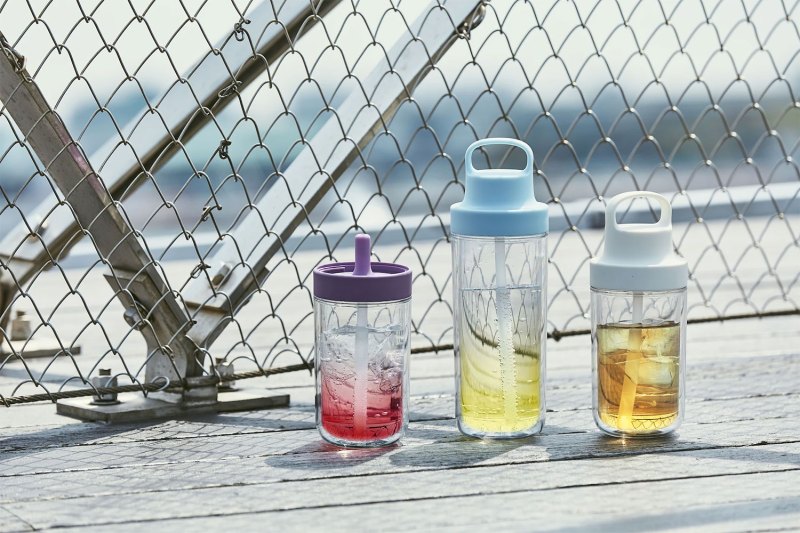
No one brand exemplifies everything we love about Japanese design the way Kinto does. The company’s ceramic and glass dishware offers the quiet beauty and clean lines of a Zen garden.
Kurasu

Take your coffee game up to the next level with this uncompromising line of specialty barista ware based in Australia. Started by the son of two Jazz Kissaten (Japanese coffee shop) owners, Kurasu’s collection of coffee preparation and serving tools is beloved the world over — even the Japanese have embraced it.
Rikumo
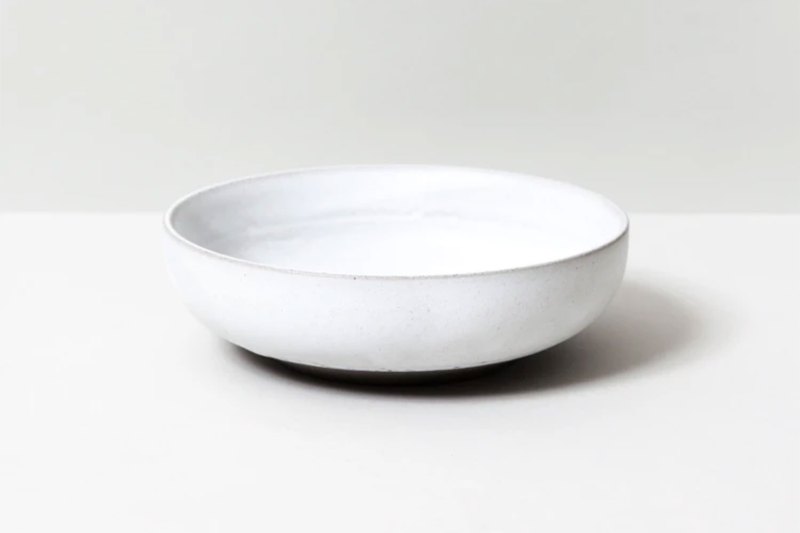
This collection of outside brands and in-house design is an ever-evolving celebration of Japanese craftsmanship. The brand’s kitchen tenugui towels are perennially sold out, and their luminous wooden serving trays and ceramic drinkware doesn’t last much longer. If you see something you like, don’t sleep on it.
Aizumo
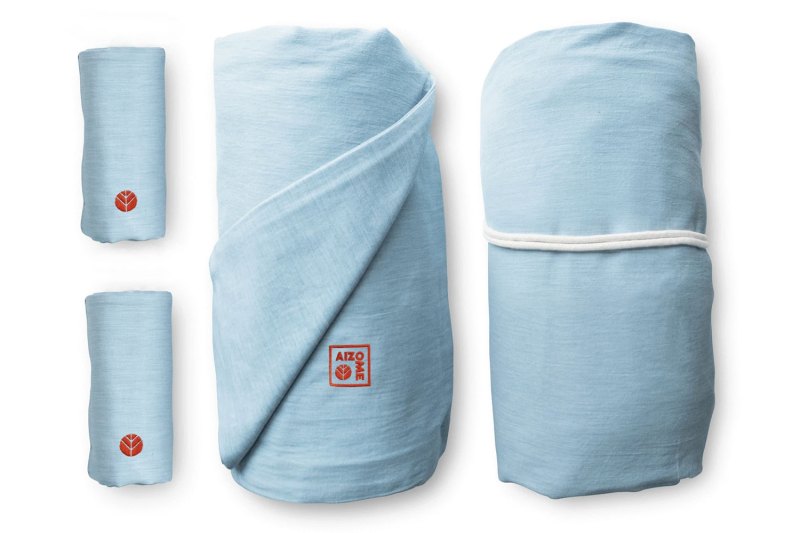
These gauzy bed linens are as light and soft as a lakeside breeze, and — perhaps more importantly, in our current germaphobic climate — they are hypoallergenic. So much so that these sheets have been tested and certified by dermatologist organizations, and every batch of sheets has to pass a toxicology test before it’s sold. Even the natural dyes used in this luxurious bedding offer a boost of antibacterial power, making them 3 times “cleaner” than Japanese hospital-grade sheets.
Morihata
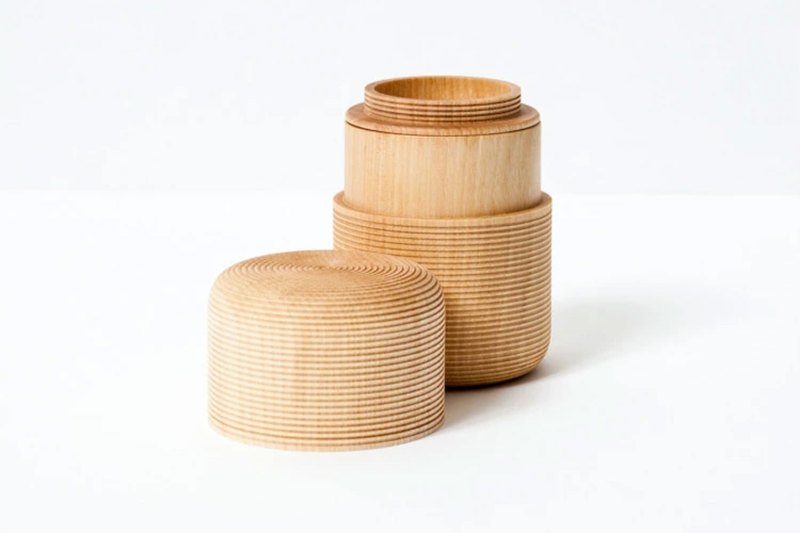
Like Rikumo, this online shop plays host to a collection of boutique Japanese brands that are hard to source on their own. We’re particularly enchanted with the collection of wooden vases, serving dishes, and drink ware.
Uguisu Store
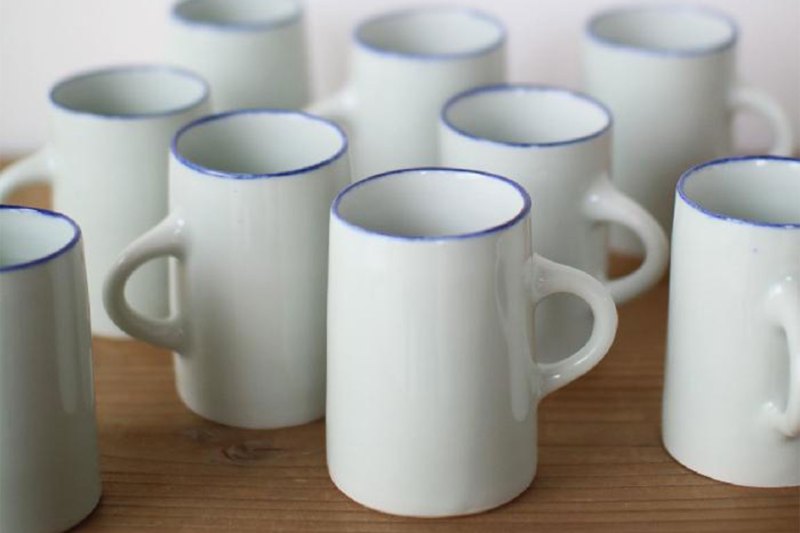
While this online shop carries bigger items sourced from boutique makers all over Japan, its greatest strength is its collection of ingenious odds and ends that elevate your home with natural texture and detail. Uguisu’s wooden tape dispenser is a favorite of mine.
Hitachiya

Looking for a kitchen knife that slices through tough cuts with the speed and smoothness of a Japanese commuter train? You’ve come to the right place. Plus, their ceramic, stoneware, and cast iron cookware is equal parts Iron Chef and grandma’s cottage, both uncompromisingly efficient while still being cute as a button.
Kiriko Made
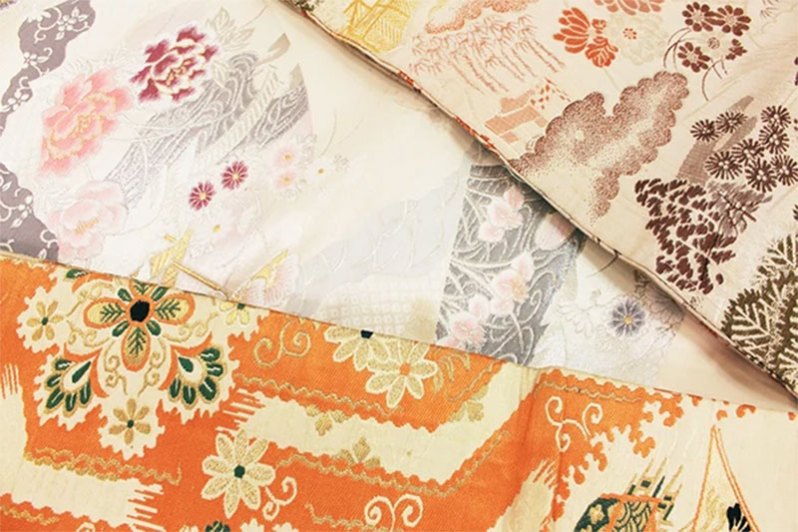
Inspired by the spirit of Mottainai, a Japanese value that embraces one to waste nothing and recycle everything, this Portland-based shop uses vintage Japanese fabrics and traditional techniques to create beautiful home textiles — table linens, blankets, pillows, and more — with handmade soul.


